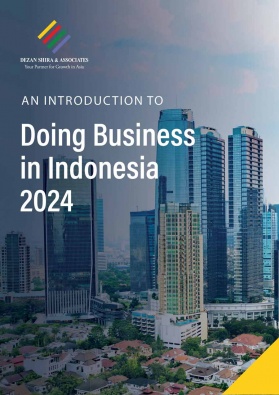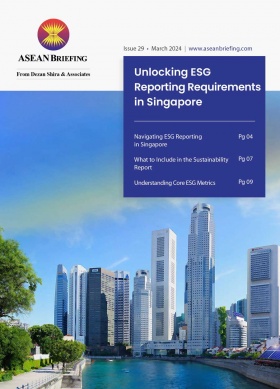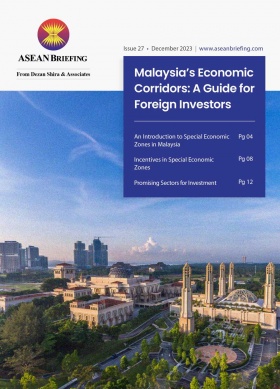Laos and the EPO: Unlocking New Opportunities for Patents and Investment
Laos is set to take a significant step in its economic development by becoming the sixth country to enter a validation agreement with the European Patent Office (EPO). This agreement will allow patents granted by the EPO to be recognized and enforced in Laos, making it easier for European patent holders to extend their protection into the Laotian market. This move is expected to impact not only European businesses but also Laos’s economic landscape.
Laos will not join the European Political Community (EPC) or become an extension state. Instead, the validation agreement with Laos is a bilateral arrangement. The EPO has similar agreements in place for validating European patents in countries like Morocco, Moldova, Tunisia, Cambodia, and Georgia.
Understanding the EPO validation process and its impact on European patents
The EPO is a central organization that facilitates the granting of patents across its member states. After a European patent is granted, the holder must validate it separately in each country where they seek protection. With Laos joining the EPO validation states, patent holders can now secure protection in Laos without navigating local patent procedures. This change simplifies legal processes, reduces costs, and enhances certainty for businesses and innovators looking to expand into Southeast Asia.
This move offers European inventors and businesses easier access to the Laotian market and more robust protection of their intellectual property (IP). Patents validated in Laos will receive the same level of protection as those registered under Laos’s national system, making the country a more attractive destination for businesses looking to safeguard their innovations against infringement.
Potential impact on Laos: Driving economic growth and attracting foreign investment
Becoming an EPO validation state is a strategic move for Laos that could yield economic benefits. With this agreement in place, Laos positions itself as a more attractive destination for foreign investment, particularly from European companies.
A robust and reliable IP framework is often a key factor for businesses when deciding where to invest, especially in sectors like pharmaceuticals, technology, and manufacturing, where intellectual property is critical.
Improved patent protection reassures investors that their innovations and technologies will be legally safeguarded, encouraging them to establish operations, invest in local research and development, and create new jobs. This agreement also has the potential to promote a culture of innovation within Laos by giving local inventors and businesses access to a more sophisticated IP system aligned with international standards.
Furthermore, as foreign businesses set up operations in Laos, the local economy could have a positive spillover effect, particularly from technology transfer and skills development. This can help diversify Laos’s economic base, which is currently heavily reliant on natural resources and agriculture.
Timeline for implementation
The agreement to make Laos an EPO validation state is expected to take effect soon, although the exact timeline may depend on various legislative and administrative steps. Typically, such agreements require formal ratification by the national government, and subsequent legal adjustments may be needed to align Laos’s patent laws with EPO standards.
Conclusion
Laos’s decision to become an EPO validation state represents a strategic move toward enhancing its role in the global economy. For European patent holders, this development simplifies the process of obtaining patent protection in Southeast Asia, while for Laos, it opens the door to potential economic growth and increased foreign investment.
About Us
ASEAN Briefing is produced by Dezan Shira & Associates. The firm assists foreign investors throughout Asia and maintains offices throughout ASEAN, including in Singapore, Hanoi, Ho Chi Minh City, and Da Nang in Vietnam, in addition to Jakarta, in Indonesia. We also have partner firms in Malaysia, the Philippines, and Thailand as well as our practices in China and India. Please contact us at asean@dezshira.com or visit our website at www.dezshira.com.







